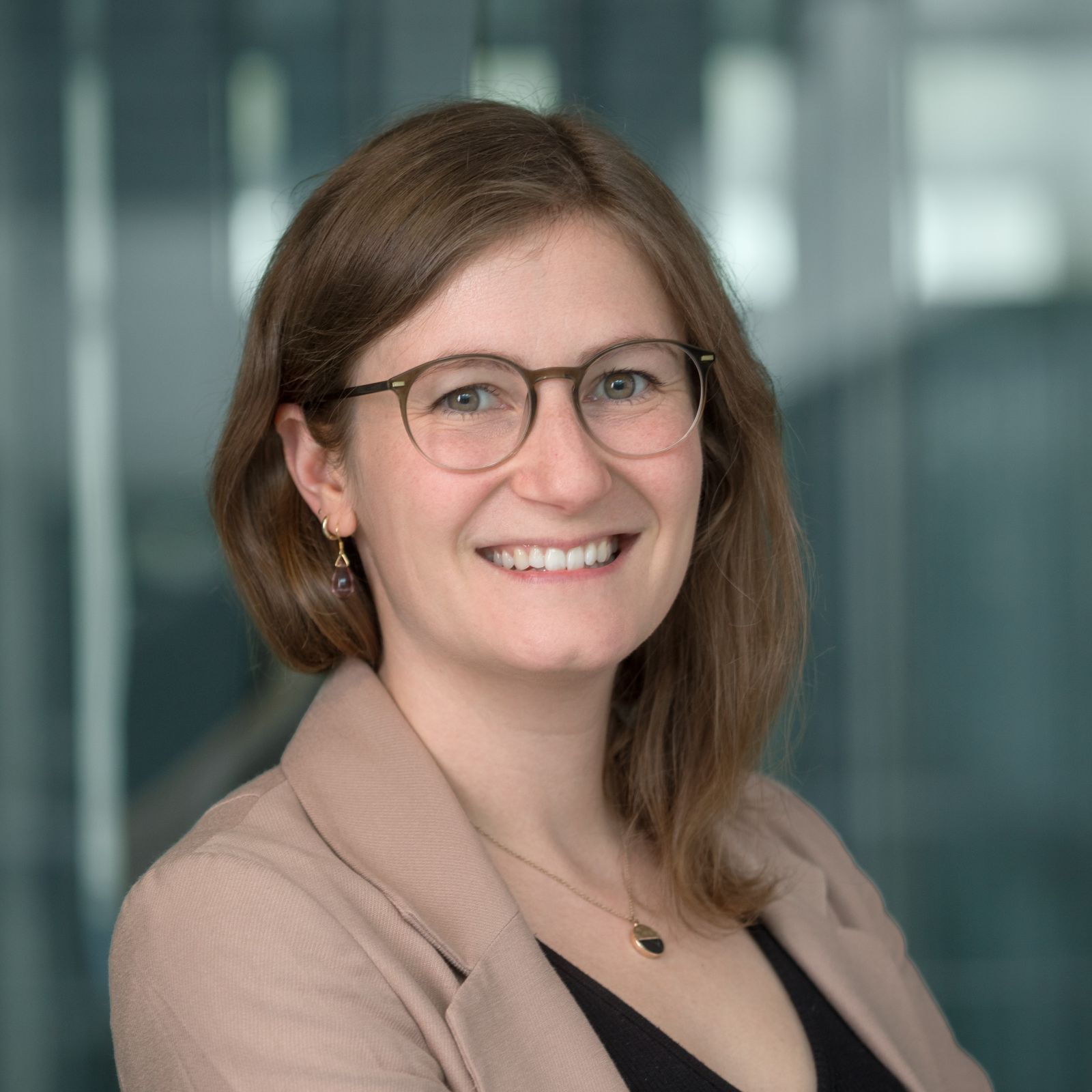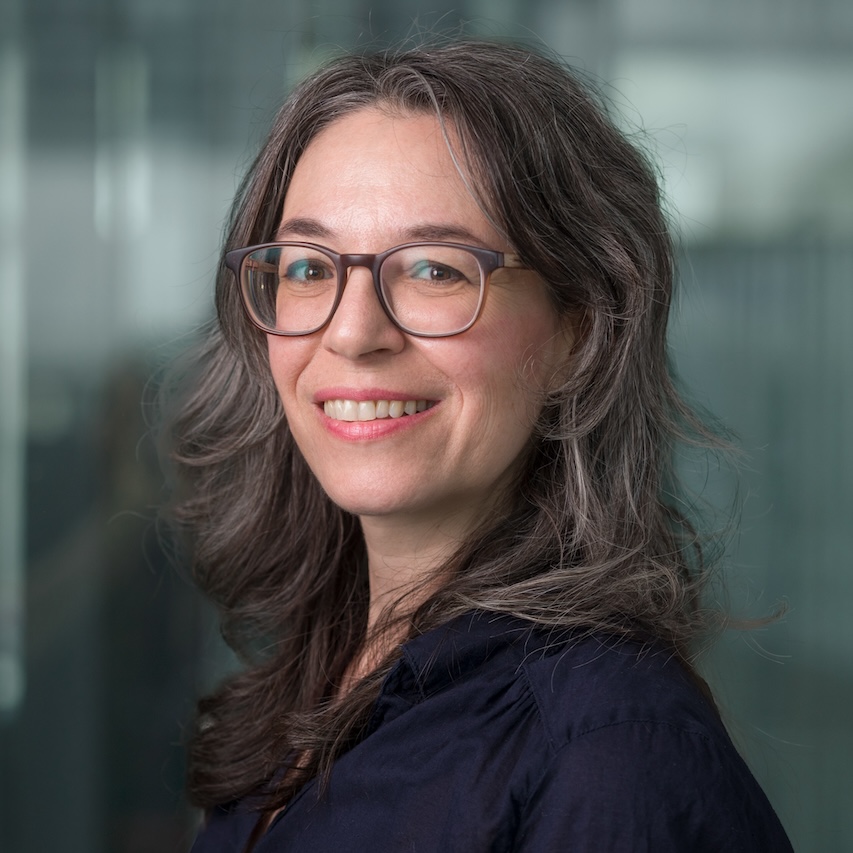Digital Transformation – a Scientific Overview
This module provides students with a scientific overview of the digital transformation of our society from a multidisciplinary perspective. Students receive academic input followed by an interactive session with various DSI researchers. They learn to engage with and reflect on the challenges, opportunities and consequences of digital transformation.
The module is open to Master’s students from all disciplines through the School of Transdisciplinary Studies (STS). It is also a compulsory module of the DSI Minor/LAO Digital Skills program. Read more about the program here: DSI Minor/LAO Digital Skills
Description
Sessions typically follow a structured format, beginning with an input lecture by a DSI expert, followed by group work and reflections related to the lecture content. The input lectures inspire the students to prepare a poster that will be presented in the End-of-Semester Celebration.
Semester Highlights
|
Speaker |
Date |
Content |
|---|---|---|
|
22.09.2025 |
Automatic Face Recognition in Theory and Practice |
|
|
29.09.2025 |
Decoding Justice: The emerging role of data science in law |
|
|
06.10.2025 |
Digitalization for Sustainability and Sustainability of Digitalization |
|
|
13.10.2025 |
Beyond the Prompt: Navigating modern feedback processes |
|
|
20.10.2025 |
Economies of networked image cultures |
|
|
27.10.2025 |
Network Science: Reasoning about a highly connected world |
|
|
03.11.2025 |
Digital Religions |
|
|
10.11.2025 |
Computational Approaches to Multimodal Human Interaction |
|
|
17.11.2025 |
AI and Politics |
|
|
Students and CoP |
01.12.2025 |
End-of-Semester Celebration |
Semester-specific information can be found in the course catalogue VVZ and on OLAT.
Module Team

PD Dr. Markus Christen is Managing Director of the UZH Digital Society Initiative and leads the Digital Ethics Lab at the Institute of Biomedical Ethics and History of Medicine. His research interests lie in digital ethics, empirical ethics, and neuroethics. Together with Muriel Leuenberger, he is co-responsible for the Scientific Overview Module and leads the reflection sessions.

Dr. Muriel Leuenberger is a Postdoc in philosophy at the University of Zurich, working on meaning in life, identity and authenticity in ethics of technology and medical ethics. Her current research project investigates the risks and opportunities presented by virtual reality technology and generative AI for meaning in life.

Nina Girtanner is a member of the managing office of the DSI, focusing on Study Program Coordination of the Minor/LAO Digital Skills. She is also a tutor in the Scientific Overview module.